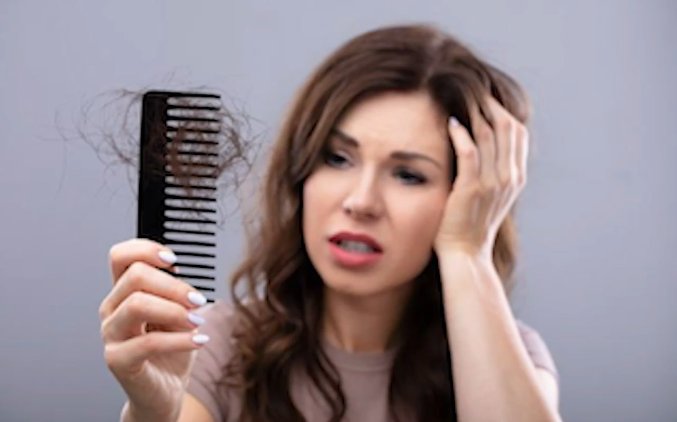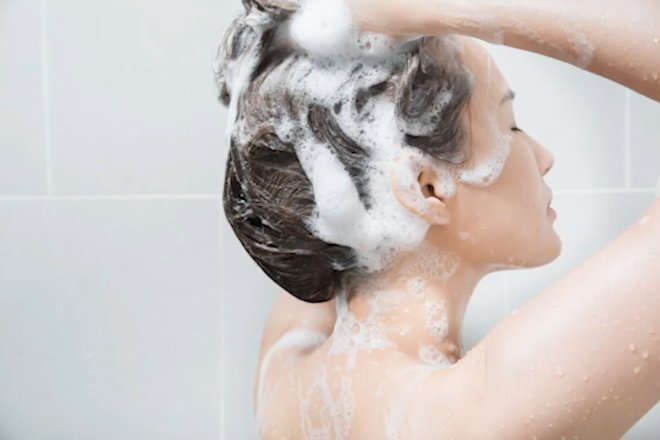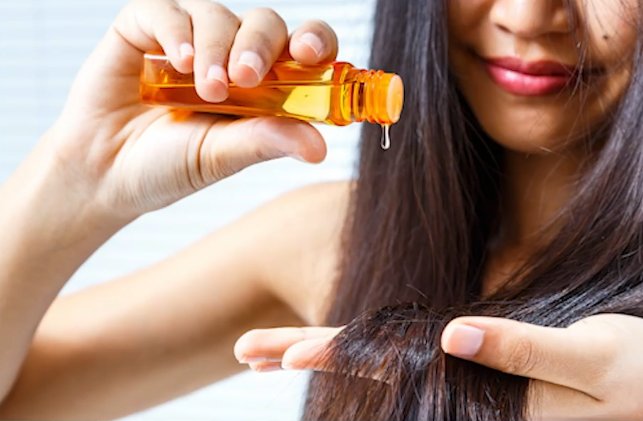Are you battling dull, lifeless hair despite using premium shampoos and conditioners? The culprit might be something as simple yet unavoidable as the water in your shower. Hard water, which contains high levels of minerals like calcium and magnesium, is a silent enemy to your hair’s health. Over time, these minerals can cause buildup, leaving your hair dry, brittle, and prone to breakage. But don’t worry—there are simple and effective ways to counteract hard water’s harmful effects.
In this guide, we’ll explore how hard water damages your hair and provide actionable tips to protect and restore your locks.
How Hard Water Affects Your Hair

Hard water can wreak havoc on your hair by:
- Mineral Buildup: Calcium and magnesium bind to your hair shaft, creating a residue that weighs it down and blocks moisture absorption.
- Dryness and Brittleness: The mineral buildup strips your hair of its natural oils, leading to dryness and increased risk of breakage.
- Color Fading: For those who dye their hair, hard water can strip away color pigments, dulling your hue faster than usual.
- Scalp Issues: Hard water can cause an itchy, flaky scalp by disrupting its natural pH balance.
Signs Your Hair Is Suffering From Hard Water

- Dry and Brittle Hair: Persistent dryness that doesn’t improve even with regular conditioning.
- Lack of Shine: Hair appears dull and lifeless due to mineral buildup.
- Tangled and Frizzy Strands: Hard water makes hair harder to manage, leading to knots and frizz.
- Fading Hair Color: Dyed hair loses its vibrancy and fades quickly.
- Scalp Issues: Increased itchiness, dandruff, or flakiness due to pH imbalance.
- Breakage and Split Ends: Weakened hair shafts are prone to snapping and splitting.
- Heavy Feeling: Mineral deposits weigh down hair, making it feel sticky or greasy even after washing.
How To Protect Your Hair From Hard Water

1. Install a Shower Filter
A shower filter is one of the easiest ways to combat hard water. These devices remove or reduce mineral content in water, making it gentler on your hair. Look for filters with activated carbon or vitamin C for optimal results.
2. Use a Chelating Shampoo
Chelating shampoos are specially formulated to remove mineral buildup from your hair. Unlike regular clarifying shampoos, they are designed to target the specific effects of hard water. Use them once a week to detoxify your hair, but avoid overuse as they can be drying.
3. Rinse with Apple Cider Vinegar
Apple cider vinegar (ACV) is a natural remedy to remove mineral buildup. Mix one part ACV with two parts water and use it as a final rinse after shampooing. It restores your hair’s natural pH and leaves it soft and shiny.
4. Opt for Leave-In Conditioners
Leave-in conditioners add a protective layer to your hair, helping to seal in moisture and prevent mineral deposits. Choose products rich in hydrating ingredients like argan oil, shea butter, or aloe vera.
5. Consider a Water Softener
For a long-term solution, invest in a water softener for your home. While this is a pricier option, it transforms all your water into soft water, benefitting not just your hair but also your skin and appliances.
6. Deep Conditioning Treatments
Pamper your hair with weekly deep conditioning treatments to replenish moisture and strengthen strands. Look for products with keratin, proteins, or hydrating oils.
7. Protect Your Hair with Oils
Natural oils such as coconut, argan, or almond oil can create a barrier against mineral deposits. Apply a few drops to your hair before washing to prevent hard water damage.
How To Restore Damaged Hair

If your hair has suffered from hard water damage, don’t worry—there are effective ways to bring it back to life:
- Trim Split Ends: Start with a fresh trim to remove damaged ends and prevent further breakage.
- Hydrate with Deep Conditioning: Use deep conditioning masks weekly to restore moisture and elasticity to your strands. Look for ingredients like keratin, argan oil, or shea butter.
- Protein Treatments: Strengthen your hair by incorporating protein treatments that rebuild damaged hair structure and add resilience.
- Clarifying Treatments: Use a chelating or clarifying shampoo to detoxify your hair and remove stubborn mineral buildup.
- Protective Hair Oils: Apply natural oils such as coconut, argan, or almond oil to lock in moisture and protect your hair from environmental stressors.
- Seek Professional Help: For severely damaged hair, visit a salon for professional treatments like detoxifying washes or customized repair therapies.
The Bottom Line
Hard water can be tough on your hair, but with the right precautions and treatments, you can protect your locks and maintain their health and shine. From simple fixes like using a chelating shampoo to investing in a water softener, there’s a solution for everyone. By understanding the impact of hard water and taking steps to mitigate its effects, you can enjoy stronger, shinier, and healthier hair—no matter where you live.